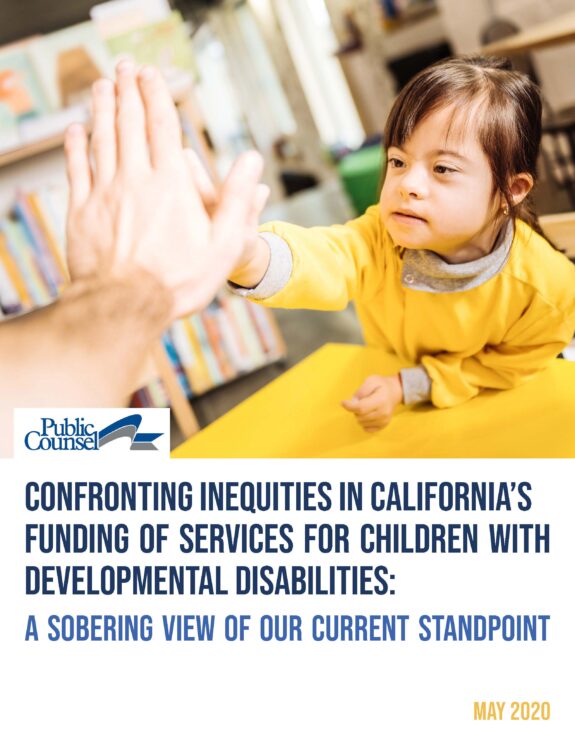The Achievable Foundation: A Case Study
Primary care providers often lack the time, experience and resources necessary to provide high-quality care for children with intellectual and developmental disabilities, and they may not practice in settings that integrate the extensive social and behavioral health services these children require. This case study documents how a group of parents addressed these challenges by becoming the driving force behind development of a federally qualified health center in California that, uniquely, is physically co-located with a Regional Center for Developmental Disabilities. The study traces the challenges and successes of their journey, and offers advice for other groups hoping to improve care. The study also provides information on how to support replication of this health clinic/Regional Center co-location model throughout the state.

